Table of Contents
Introduction
Most people associate hangovers with alcohol, but if you’ve ever woken up groggy, dehydrated, or mentally foggy after a long night of vaping or eating edibles, you may have experienced a weed hangover. It’s a lesser-known phenomenon, but for some cannabis users—especially after high doses—it’s very real.
This in-depth guide explains what a weed hangover is, how it differs from an alcohol hangover, and most importantly, what you can do to fix it—or better yet, avoid it altogether. Whether you overdid it with a strong edible or hit the vape too hard before bed, we’ve got clear strategies to help you recover quickly and use cannabis more mindfully moving forward.
What Causes a Weed Hangover?
Unlike alcohol, cannabis doesn’t cause toxicity or severe dehydration. So what’s behind the lingering haze? Here are the most likely contributors:
- THC accumulation: High doses—especially from long-lasting edibles—can linger in the body for hours. You may still be partially high the next morning.
- Sleep interference: While cannabis helps you fall asleep, it can suppress REM sleep, leading to less restorative rest and next-day grogginess.
- Strain intensity: Sedating indicas and high-THC hybrids can leave you feeling mentally dulled and physically sluggish for longer than expected.
- Lack of hydration: Even without alcohol, cannabis can dry out your system and contribute to headaches and fatigue.
- Overconsumption: When the dose exceeds your tolerance, recovery takes longer—especially with high-potency extracts or multi-dose edibles.
- Individual differences: Genetics, age, metabolism, and sleep habits all affect how your body processes cannabinoids.
In short, weed hangovers usually come down to too much THC, too late, and too little recovery.
Remedies to Clear the Fog
If you’re already feeling the effects of a weed hangover, here’s how to bounce back faster and feel functional again:
1. Hydration
Start your day with a big glass of water or an electrolyte drink. Add a pinch of sea salt and squeeze of lemon to replenish minerals and stimulate digestion.
2. Light movement
Go for a walk outside or do 5–10 minutes of gentle stretching. Movement increases blood flow, boosts alertness, and helps your body metabolize lingering cannabinoids.
3. Breathwork or cold water
Try a cold shower, splash of cold water to the face, or 3–5 minutes of deep belly breathing to wake up your nervous system.
4. Eat a nutrient-rich breakfast
Skip the greasy hashbrowns and opt for something that supports blood sugar and brain function: oatmeal, bananas, eggs, greens, or a smoothie with ginger and berries.
5. Herbal helpers
- Ginger: Nausea relief and digestion
- Peppermint or lemon balm: Energy and mood support
- Green tea or yerba mate: Gentle stimulation with antioxidants
6. CBD microdose
Try a small amount of CBD (5–10 mg) to reduce anxiety and counterbalance residual THC. Avoid taking more THC unless you truly feel it helps.
The key is to support your body—not suppress it. Avoid stimulants like energy drinks or more weed unless you know your system can handle it.
How to Prevent a Weed Hangover
Prevention starts with intentional use. If you want to wake up clear and ready for your day, here are habits to help reduce your chances of a cannabis hangover:
- Mind your dosage: Use the lowest effective dose, especially at night. Most weed hangovers result from overdoing it.
- Avoid late sessions: Try to stop 1–2 hours before bed to give your system time to adjust and avoid next-day grogginess.
- Opt for balanced strains: Consider low-THC or CBD-dominant flower to ease into sleep without THC overload.
- Hydrate before bed: Drink water and consider a light, salty snack to support hydration and electrolytes.
- Skip edibles late at night: Their long onset and lasting effects make them risky close to bedtime. Stick to vaping or tinctures if you need nighttime relief.
- Journal your usage: Track how you feel the next day after different strains and dosages to identify your personal tipping point.
Consistency and mindfulness go a long way. Cannabis can be a powerful wellness tool—when used with respect.
Best Strains for Avoiding Next-Day Dullness
Not all strains affect your recovery the same. If you're prone to weed hangovers, look for these characteristics when choosing nighttime flower:
- CBD-rich strains: These help promote calm and reduce overstimulation. Try Harlequin, ACDC, or Cannatonic.
- Low-to-moderate THC: Strains with ~10–15% THC are easier on the system overnight. Avoid anything above 20% close to sleep.
- Linalool & myrcene dominant: Terpenes like linalool (also found in lavender) and myrcene (in mango) can enhance relaxation without heavy sedation.
- Examples to consider: Remedy, Pennywise, Canna-Tsu, Bubba Kush (in moderation), or Blueberry CBD.
These strains offer calming effects without knocking you out too hard—or leaving you drained the next day. Use a vaporizer like the Vapman or Lotus to fine-tune your intake and avoid combustion’s lingering heaviness.
Common Myths About Cannabis Hangovers
Weed hangovers are often misunderstood. Here are a few myths worth clearing up:
- “Weed hangovers don’t exist.” While not everyone gets them, many regular users report brain fog or fatigue the next day—especially after edibles or heavy sessions.
- “You just didn’t sleep enough.” Poor sleep can contribute, but even with 8+ hours, some still feel groggy due to residual THC effects or strain choice.
- “More weed cures the hangover.” This can temporarily mask symptoms but may prolong recovery. Sometimes, less is more.
- “Only low-tolerance users get them.” Tolerance doesn’t guarantee protection. Long-term users can still experience next-day sluggishness from overconsumption or poor strain fit.
Understanding what’s real (and what isn’t) helps you make smarter cannabis choices that support your health and clarity.
Conclusion
A weed hangover may not be as intense as an alcohol hangover, but it’s still real—and it can get in the way of your clarity, focus, and flow. The good news? It’s mostly preventable. By understanding what causes cannabis hangovers, dialing in your dosage and timing, and supporting your body’s recovery systems, you can enjoy the benefits of cannabis without the mental cloud the next day.
If you’re looking for a smoother, more intentional way to consume—especially at night—explore tools like the Vapman Click or Lotus Kit for flame-powered precision that lets you stop before you overdo it.
About the Author

Author: Michael Mussner, Founder of INHALE Vaporizers
Michael is a passionate vaporizer designer and entrepreneur from South Tyrol, driven by craftsmanship, sustainability, and the mindful use of natural herbs. With a background in product innovation and a love for analog technology, he founded INHALE to revive flame-powered vaporizers like the Vapman and Lotus. Every product he creates is deeply rooted in authenticity, simplicity, and a respect for nature.
Questions? Contact us here or email support@nowinhale.com.



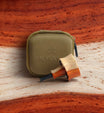
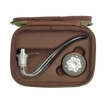

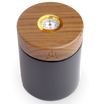
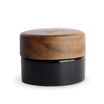
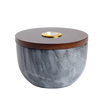
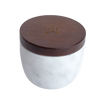
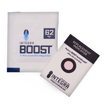
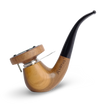

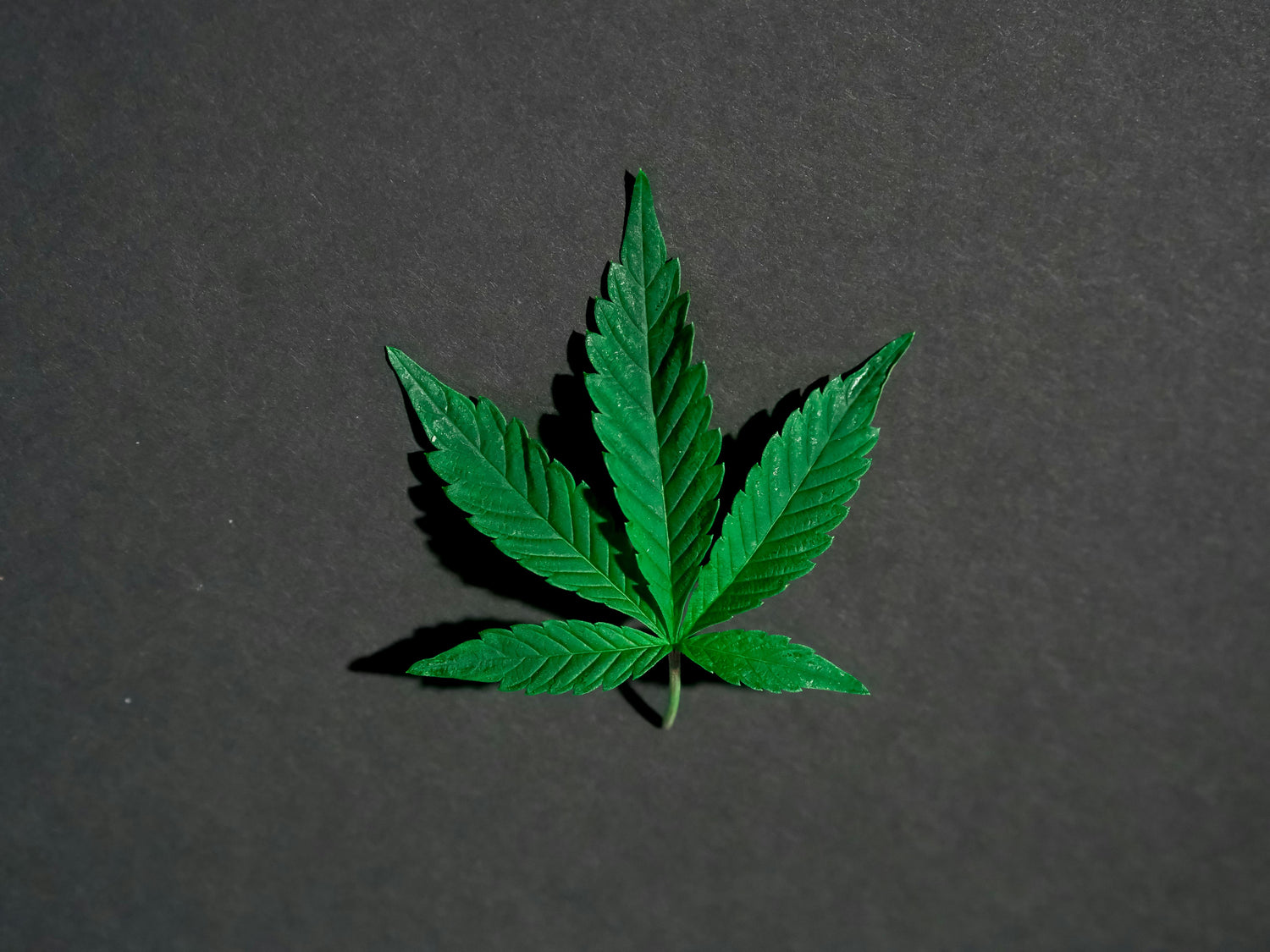
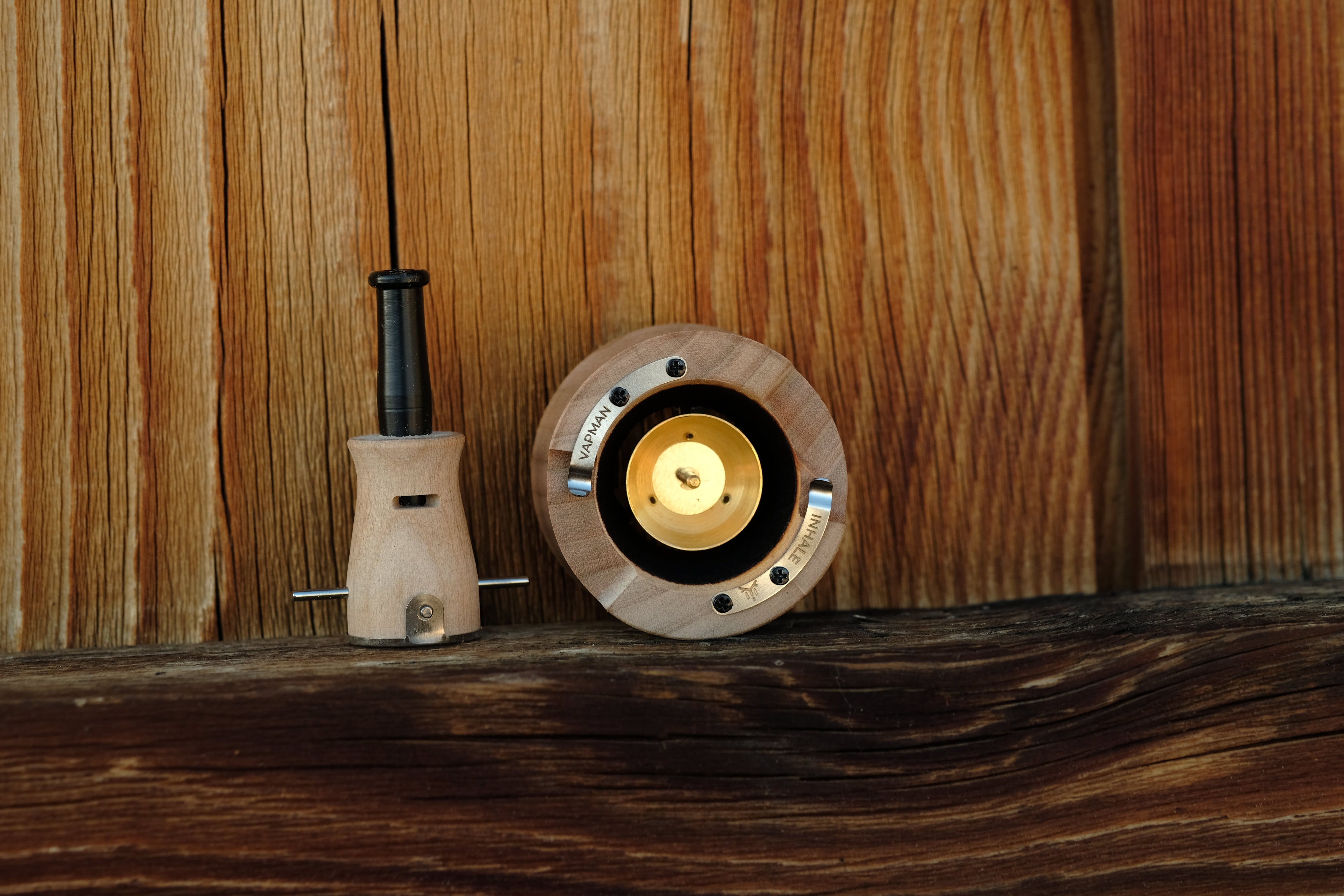



Leave a comment
All comments are moderated before being published.
This site is protected by hCaptcha and the hCaptcha Privacy Policy and Terms of Service apply.